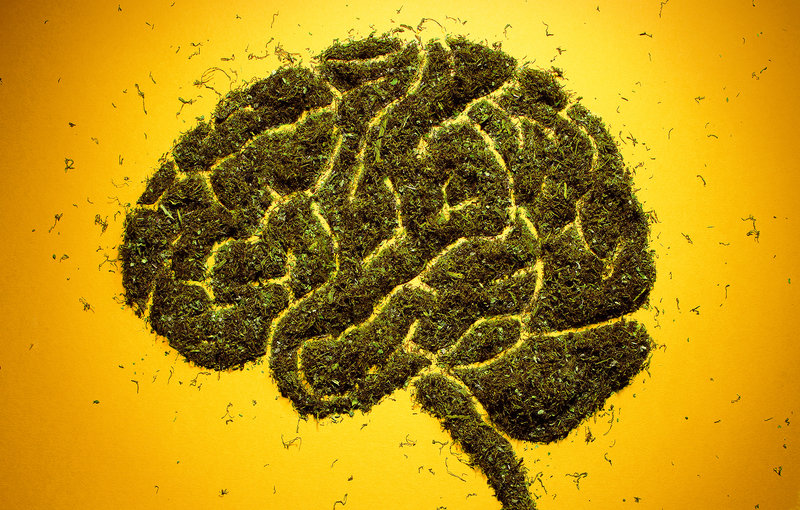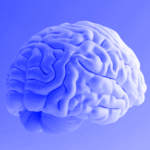Among healthy people, the consumption of a psychoactive component known as tetrahydrocannabinol could induce psychotic and affective symptoms, such as depression and anxiety, according to a new study.
The results, released online in The Lancet Psychiatry, were reached through the systematic review and meta-analysis of studies published up to mid-2019. Databases like PsycINFO, MEDLINE, and Embase, were scoured for studies on tetrahydrocannabinol and subsequent psychiatric symptoms.
In those studies, researchers focused on the presence of psychiatric symptoms, using certain scales to look for criteria and the administration of tetrahydrocannabinol, cannabidiol and placebo in healthy adults. The Brief Psychiatric Rating Scale and the Positive and Negative Syndrome Scale were used to measure any exhibition of psychotic-like or affective symptoms.
“We did a random-effects meta-analysis to assess the main outcomes of the effect sizes for total, positive, and negative PANSS and BPRS scores measured in healthy participants following tetrahydrocannabinol (THC) administration versus placebo,” the findings state. “Because the number of studies to do a meta-analysis on CBD’s moderating effects was insufficient, this outcome was only systematically reviewed.”
From scouring all available databases, 15 studies of tetrahydrocannabinol were identified as eligible and analyzed for potential psychological effects compared to a placebo.
In the findings, tetrahydrocannabinol drastically surged the severity of both psychotic-like and affective symptoms. “A single THC administration induces psychotic, negative, and other psychiatric symptoms with large effect sizes. There is no consistent evidence that CBD induces symptoms or moderates the effects of THC,” the study’s co-authors found.
For individuals consuming substances containing tetrahydrocannabinol, especially through intravenous administration or inhalation, the component is more likely to induce psychotic-like symptoms rather than depressive or anxiety traits, the findings showed.
“This result contrasts with findings from several primary studies that report dose–response relationships and evidence of a blunted psychotomimetic effect among regular cannabis users.”
Researchers also concluded the tetrahydrocannabinol-induced psychotic-like effects was less prevalent among individuals with higher tobacco use, a contradictory revelation to prior studies indicating a casual relationship between tobacco smoking and psychotic illness.
“The association between lower induction of psychotic symptoms by THC and higher tobacco use might also relate to the upregulation of UDP-glucuronosyltransferase by nicotine, which in turn is implicated in the metabolism of THC,” the study determined.
“In conclusion, these findings demonstrate that the acute administration of THC induces positive, negative, and general psychiatric symptoms with large effect sizes,” researchers attested. “These findings highlight the acute risks of cannabis use, which are highly relevant as medical, societal, and political interest in cannabinoids continues to grow.”


